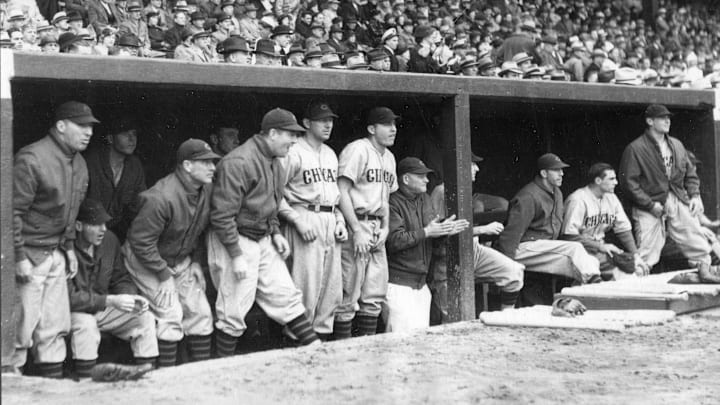The Chicago Cubs have existed since the 1870s, when they were known as the Chicago White Stockings, changing their name to the Colts, Orphans, and finally the Cubs in 1904. Although it has not always translated to postseason success, the Cubs have put together their fair share of memorable regular season performances. This list will feature the top ten Cubs seasons by regular season win percentage.
Note: this list will consider seasons in which the Cubs played at least 150 games. For example, as impressive as the 1876 White Stockings’ 67-17-2 record was, the sample size is too small to be included on this list. As such, the Cubs’ pennant-winning 1918 season, in which the team went 84-45-2 (.651) will receive an honorable mention.
10. 1904 - 93-60-3 (.608)
The Cubs won 93 games in 1904 which would almost certainly be enough for a playoff berth in today’s game. In 1904, however, there were no playoffs and the top team in each league would automatically win the pennant, advancing to the World Series. The Cubs finished 13 games behind the New York Giants who won the pennant with a 106-47 record.
9. 1945 - 98-56-1 (.636)
The 1945 team featured seven all-stars, including Phil Cavaretta, Stan Hack and Bill Nicholson. Cavaretta also won the batting title with a career-high .355 average. The team won the pennant and advanced to the World Series against the Detroit Tigers. Unfortunately for the Cubs, 1945 was the year Bill Sianis allegedly put the ‘Curse of the Billy Goat’ on the team. The Cubs lost the World Series in seven games and would not win a pennant for another 71 years.
